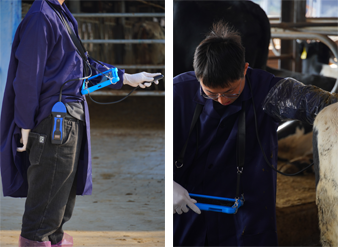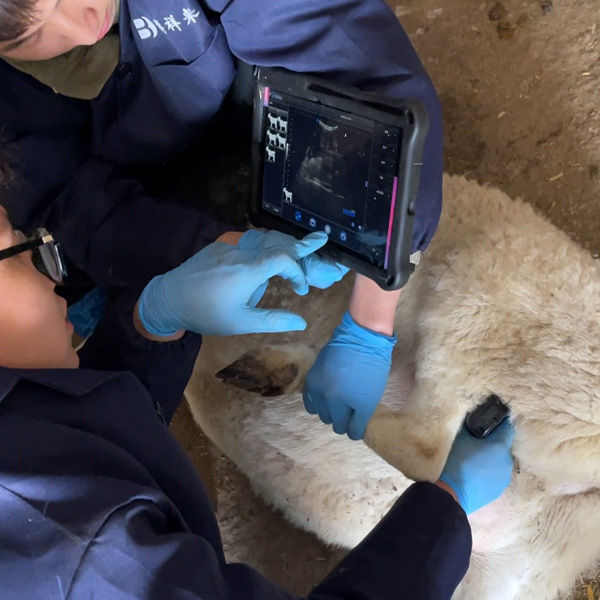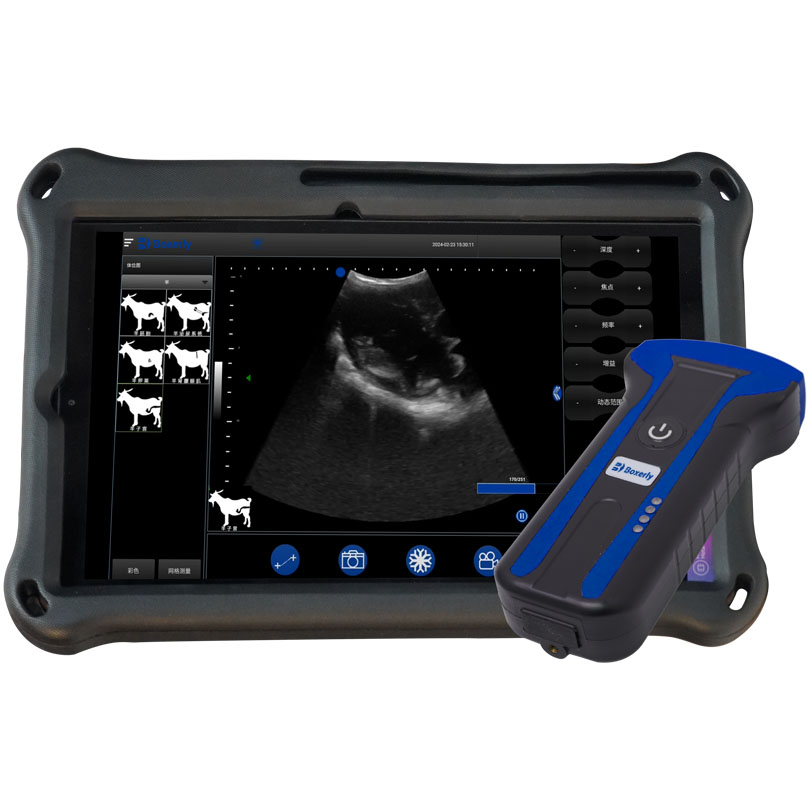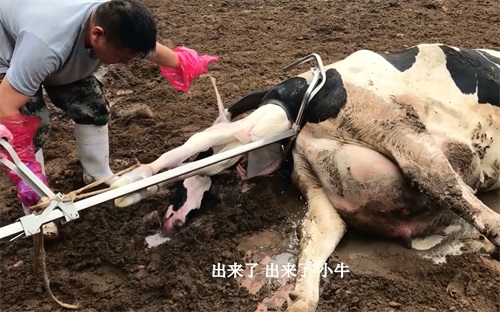When a vet friend tells me about how Mobile Ultrasound Veterinary has changed their practice, I lean in—because the way they explain it feels like swapping war stories over coffee, not reciting tech manuals. Imagine bringing an ultrasound machine right into a barn or stable, sliding it into a vet's backpack, heading out for a farm call. That’s exactly what happens with mobile ultrasound systems.

Why vets love taking ultrasound on the road
Portable units let vets skip the clinic’s rigmarole. Big console machines hog space, stay put in clean rooms. In contrast, a mobile ultrasound fits into tight clinics or gets tossed into cars for farm visits. Picture a dairy cow that’s anxious about travel—no need to haul her into a noisy clinic, vet comes to her.
Diagnostics happen on the spot—pregnancy checks, abdominal concerns, even emergencies—right where the animal is. Real-time imaging, battery-powered, lightweight setups turn constraints into advantages.
How lives get easier, for vets and animals
Let me break down the perks with a friendly table you’d nod at:
| Feature | What it means in real life |
|---|---|
| Compact, portable design | Fits into tight vehicles, suits farm-visit routines |
| Battery or wireless operation | No need to hunt for plugs in muddy barns or remote ranches |
| Real-time, high-res images | Vet scans and diagnoses while standing beside animal |
| Multiple species capability | Cattle, horses, pigs, dogs, exotics—all covered |
| Cost-effective vs console | More affordable, easier to expand services or start mobile practice |
That first row? Life-changer. Vets toss a device into their bag, support a cow’s leg, and peek inside minutes later. Second row saves hours setting up power extension cords. Third row: clients get to watch live scans, wonder aloud, and ask questions about tiny heartbeats or sprained tendons—pure magic.
Thirdly, cost—they’re far less expensive than traditional machines and unlock services for smaller clinics and mobile practitioners.
Tales from fellow vets—real-world take
Scrolling through vet communities, real vets post candid thoughts:
“Our clinic has a Boxianglai unit. It transmits images via Bluetooth to a phone or tablet… app free, cloud storage optional.”
“BCF Easi-Scan works great for pregnancy checks. Affordable, compact. Ibex Pro is next-level if you want screen.”
They say training matters—unexpected challenges come with interpreting images:
“Steep learning curve… takes courses and months to feel comfortable.”
These not-polished but honest comments give more trust than fluff. The gear looks cool, yes—but you need the know-how.

What’s making mobile ultrasound thrive right now
Several trends drive this forward:
Reproductive efficiency: On-farm pregnancy detection as early as 28 days helps herd managers plan better.
Emergency care: Detect colic in horses, abdominal distress in calves fast, no ambulance ride required.
Biosecurity: Avoid moving animals between farms, reduce disease spread by doing imaging right on the spot.
Tech evolution: Rugged, tablet-like interfaces, wireless image upload, optional AI measurement tools—future looks smooth.
Day in the life: a mobile vet’s narrative
Picture turning up at a small family farm on a crisp morning. The vet hops out, slings the ultrasound bag over the shoulder. The unit powers up, vet scans a dairy heifer’s abdomen. They chat with the farmer about breeding schedule, moments later confirm the pregnancy. No stress to transport. Farmer gets plan faster, animal stays calm in familiar surroundings.
Later, a limp sheep comes in. Vet switches probe, evaluates tendon on-site, advises rest and meds—no clinic trip, no sedation needed. Throughout, clients ask questions, the vet shows them the screen, explains gently what’s going on. No “this means” droning, just conversation.
Why mobile ultrasound doesn’t feel robotic
The conversation vibe matters. A vet says, “look, I can bring this tech to you,” and helps your mare, ewe, or pup right there—that feels like caring, not corporate. The tone stays human, friendly, always translating tech into easy talk: “See that flicker? That’s baby heart. We’re looking good.” It builds trust.

A few gentle reminders
Perfect it is not—learning curve exists. Ultrasound image interpretation needs practice or training. Some vets pay for cloud storage or subscriptions, like Boxianglai units. Also equipment cost, while lower than console, still matters when starting a mobile business.
Wrap-up thoughts
Take it from a vet telling a neighbor over lunch: Mobile Ultrasound Veterinary is about bringing clarity to the animal’s world without moving them, combining tech with compassion. It lets veterinarians deliver fast, accurate imaging on the hoof, minimize stress for animals, and expand care reach. Mixed-animal clinics, equine specialists, farm vets, rescue responders—they’re all nodding to these compact beasts.
If you ever sit down in a barn with a vet and ask how they do that heart flicker on screen, you’ll see how casual the conversation stays—even when magic’s unfolding right in front of you.








